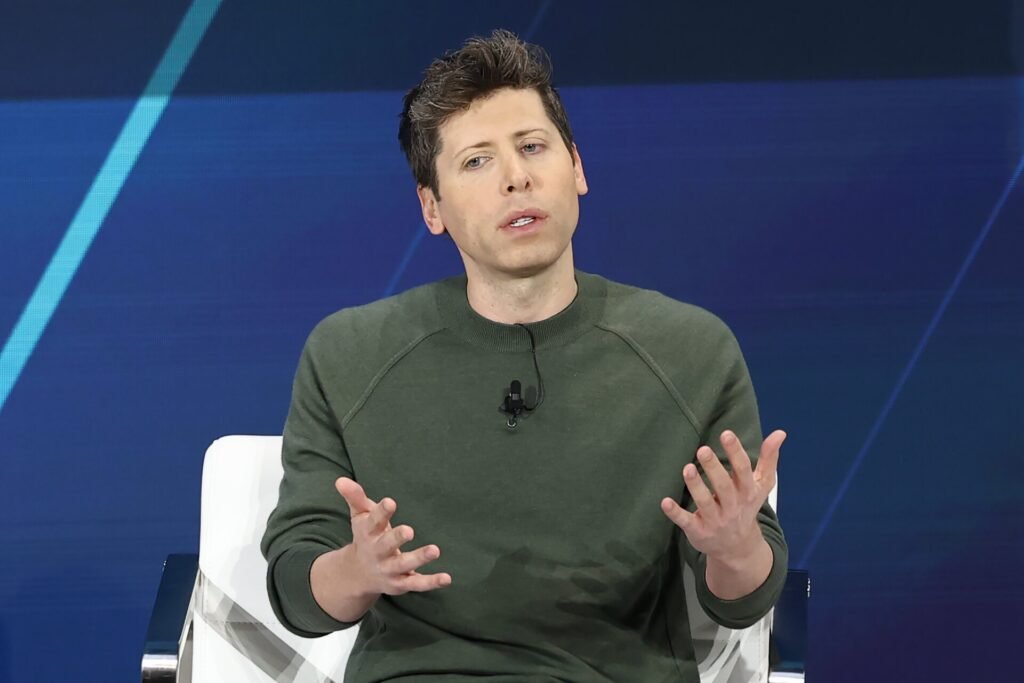Openai is the undisputed poster kid of AI Revolution, the company forces the world to pay attention to Chatgpt. But behind the scenes, a desperate and expensive battle is fierce, and the cost of keeping the company’s internal genius is becoming astronomy.
According to the latest report on the information, Openai revealed to investors that its stock-based compensation soared more than five times last year to $4.4 billion. That number is not just big. This exceeded the company’s total revenue that year, accounting for 119% of its $3.7 billion total revenue.
Even for Silicon Valley, this is an unheard of person. By comparison, Google’s stock compensation accounts for only 16% of revenue in the year before the IPO. For Facebook, it is 6%.
What’s going on? In short, Openai fights for his life in an unprecedented war of talent, with its chief rival Meta attacking. Mark Zuckerberg personally courted top AI researchers with a large number of pay packages, successfully poaching several key ideas from Openai’s core team. This reportedly triggered Openai’s crisis, forcing it to “re-adjust pay” and promise a more meaningful salary package to prevent catastrophic brain loss.
While stock-based compensation does not burn immediately through the company’s cash reserves, it creates significant risks by diluting the value of stocks held by investors. Every billion dollar handed over stocks to employees means that the slice of pie owned by major backers such as Microsoft and other venture capital firms is smaller.
Openai is trying to sell this strategy as a long-term vision. The company expects the huge fee to drop to 45% of revenue this year and below 10% by 2030. Additionally, Openai reportedly reportedly discussing a future plan that will collectively own approximately one-third of the binding company, while Microsoft has another one-third. The goal is to turn employees into in-depth investment partners with a lot of motivation to stay and build.
However, the “meta effect” is throwing a wrench into the wrench in those neat predictions. Proactive poaching and subsequent salary means Openai’s expenses may remain high.
Openai’s bet
This high-risk financial strategy puts Openai in an unstable position. The company has already spent billions of dollars a year because it spends a lot of money on the computing power it needs to run its models. Adding billions of dollars in stock compensation puts huge pressure on companies to significantly increase revenue and find profitability before investors are scared.
While Microsoft seems to be locked up for a long time, other investors may get tired of its ownership so diluted. It forces the company’s countdown timer to provide a large amount of financial returns to justify the cost.
Openai was founded as the mission of establishing Artificial General Intelligence (AGI) that “benefits from all humans.” Driven by capitalist competition, this expensive war of talents has put great pressure on building ideals. Prioritize safety and ethics when you burn billions to prevent your mind from joining the game.
Ultimately, Openai bets on billions to ensure it has the best talent to win the game to create the world’s first truly super-intelligent. If they succeed, the financial cost seems easy. If they fail, or the competitors get there first, they will spend nothing in a hole.
Openai did not immediately respond to a request for comment.
